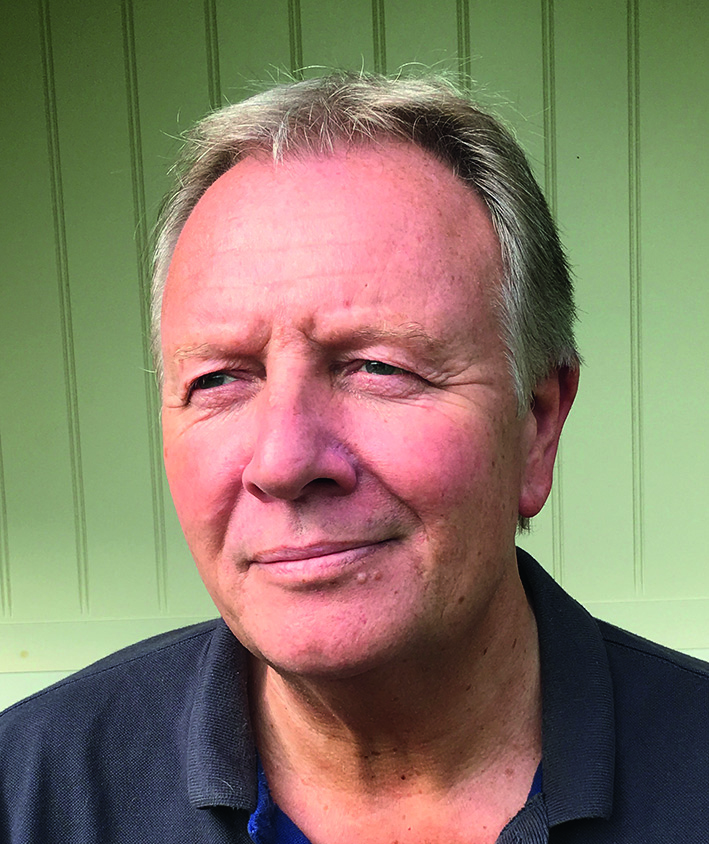Christopher Nupen was one of the most influential documentarians of our time. His impact on how we perceive classical music and those who make it has been incalculable.
Until 1966, when Nupen combined documentary and live performance camera techniques in his very first film for the BBC, the two were considered quite separate entities. Yet such was Nupen’s innovative flair that, as if by magic, they suddenly appeared inseparable. Even more remarkably, the unique qualities that make each of Nupen’s films a special event, seem to have been with him from the start.
Honing in on two of the most exciting pianistic talents of their generation – Daniel Barenboim and Vladimir Ashkenazy – for a captivating performance of Mozart’s Double Piano Concerto, was naturally a tremendous help. Yet one senses throughout, the natural rapport Nupen had established with his young stars – of having unobtrusively earned their trust, so they felt inspired to give of their best with complete naturalness in front of the camera.
Barenboim, Ashkenazy: Double Concerto - Documentary of 1966 - YouTube
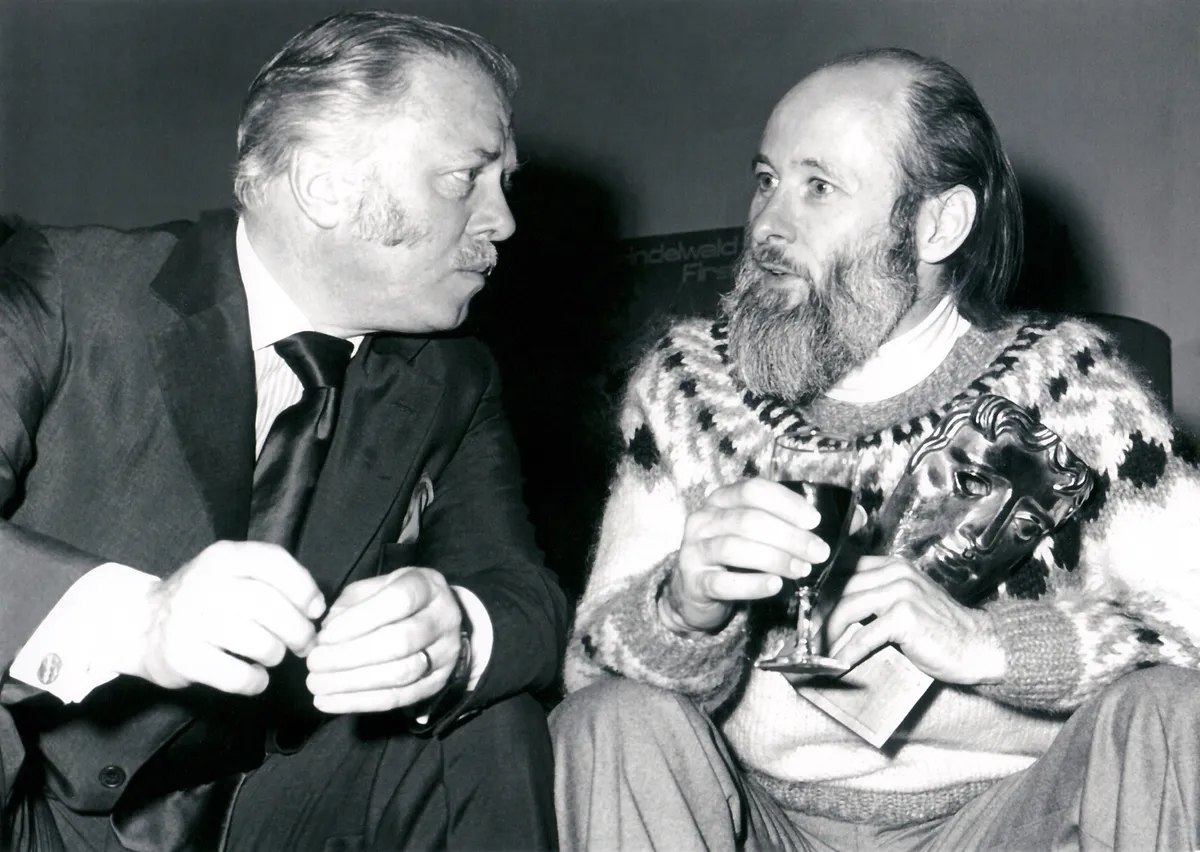
Such is the seamless way this debut film segues between background preparations, rehearsals, and performance with a palpable sense of inevitability, that it feels almost serendipitous – a one-off event, that couldn’t possibly be repeated. Yet, as is demonstrated by two further classics from the 1960s, this was no accident, but the start of something entirely new, that would reshape the art of musical documentary. Indeed, such was the impact of Jacqueline du Pré playing the Elgar Cello Concerto.
Tribute to Jacqueline du Pré | by AllegroFilms - YouTube
Plus, Barenboim, Itzhak Perlman, Pinchas Zukerman, du Pré and Zubin Mehta performing Schubert’s ‘Trout’ Piano Quintet:
They seemed to define what this music was all about.
Until the mid-sixties, there had existed an ambivalence in many people’s minds as to the value of filmed recordings of classical music – now they couldn’t take their eyes off the screen! Time and again in Nupen’s work, one experiences a tantalising duality of inspired visionary behind the camera, and captivating spontaneity in front of it. He seems to play a vital role in what is taking place in front of the camera by a strange power of osmosis – or, to put it another way, that what is happening – verbally and musically – and the way it is happening, is due to Nupen’s benign presence.
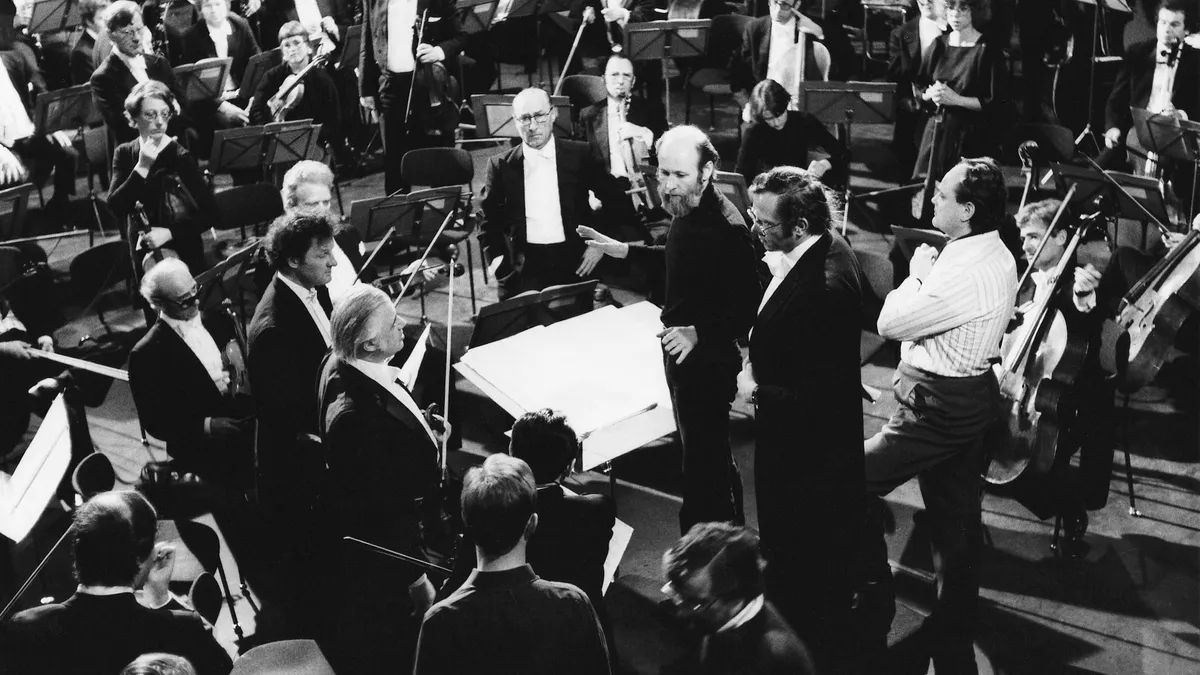
Nupen captured the zeitgeist of the 1960s and ‘70s with a remarkable sureness of touch. At the time, there was a liberating sense of anything being possible and of a younger generation having its own distinctive voice. Viewers felt a genuine sense of empathy with these young musicians, not just as players, but as people. Who could forget the sight of du Pré in a moving train carriage, generating enough charismatic joy to light up the National Grid, while singing along to her own pizzicato cello accompaniment, apparently without a care in the world?
Nupen’s magical touch illuminated a treasure-trove of films with all the above musicians, including a priceless series of solo recitals with Ashkenazy, highlighted by a timeless documentary on and performance of Rachmaninoff’s Variations on a Theme of Corelli.
Ashkenazy plays Rachmaninoff - Introduction & Variations on a Theme of Corelli Op. 42 - YouTube
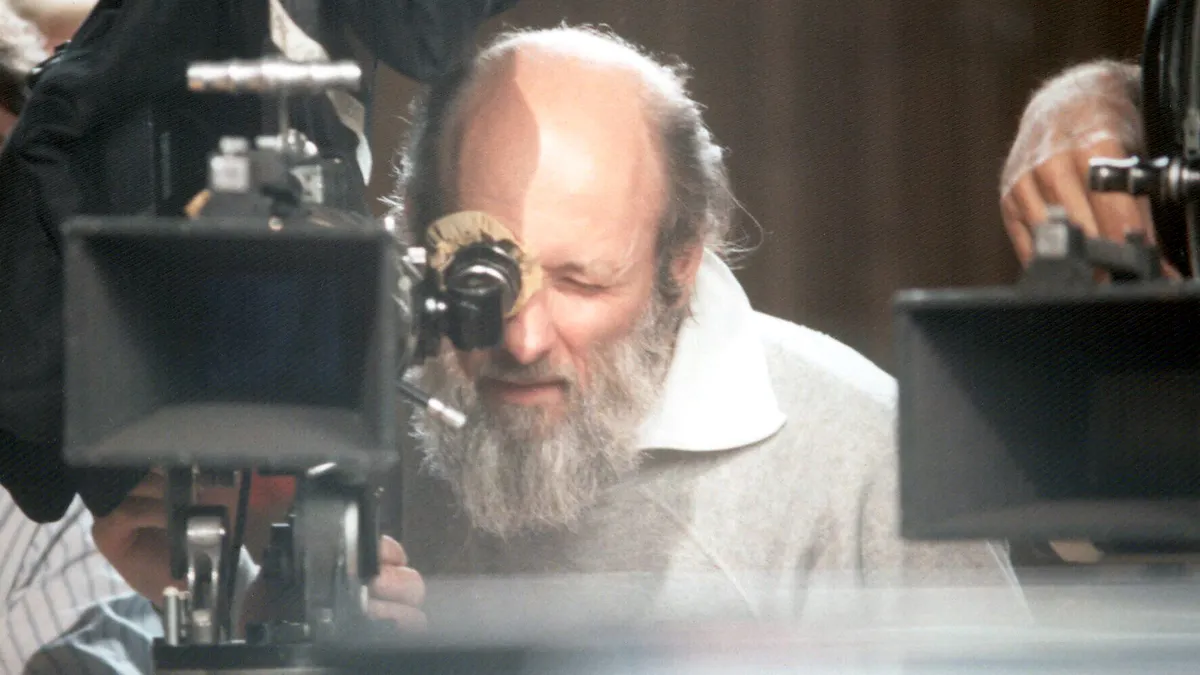
Even when working with musicians of a more introspective hue – the guitarists John Williams and Andrés Segovia, for example, or pianist Evgeny Kissin, Nupen demonstrated a remarkable gift for enabling naturally shy artists to allow us a generous, even welcoming glimpse into their private musical worlds:
And then there’s the ‘voice’, which really comes into its own in Nupen’s remarkable series of composer documentaries. It has a captivatingly wistful, reflective quality about it, which instantly engages the listener’s sympathies – but also a gentle authority and (above all) absolute sincerity that like an inspired teacher, takes you metaphorically by the hand and instils a reassuring, inner glow that everything’s going to be not just fine, but really rather wonderful. Nowhere is this more apparent than in his highly compelling, two-part filmed portrait of Jean Sibelius:
- Sibelius: The Early Years - Documentary about Jean Sibelius, 1984 (Part I) - YouTube
- Sibelius: Maturity and Silence - Documentary about Jean Sibelius, 1984 (Part II) - YouTube
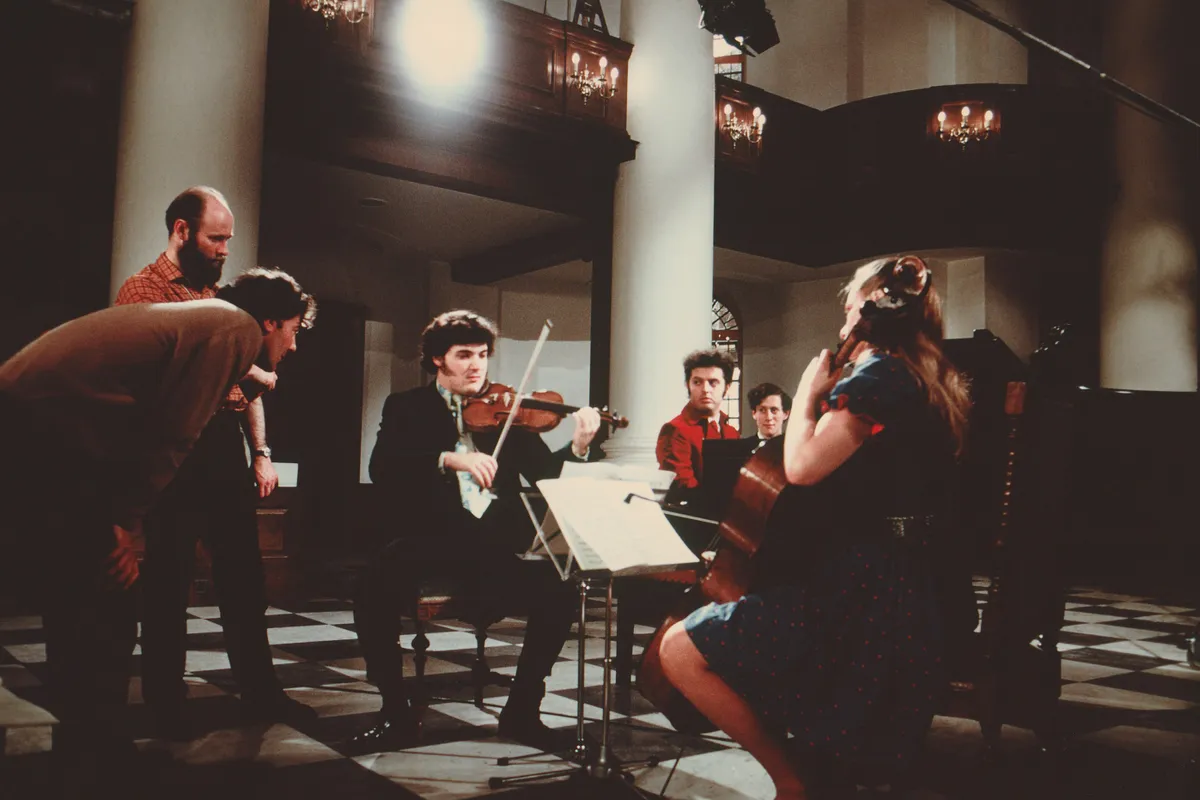
Anyone wishing to learn more about this remarkable filmmaker should seek out a copy of his first-rate autobiography, Listening Through the Lens (Kahn & Averill, 2019). Additionally, thanks to the wonders of modern media, you can access almost the entire legacy of Nupen’s films on YouTube at the touch of a button. If you ever need reminding why we get so much joy from watching wonderful music performed by great musicians, try one of Nupen’s documentaries to be reminded what led us there in the first place.
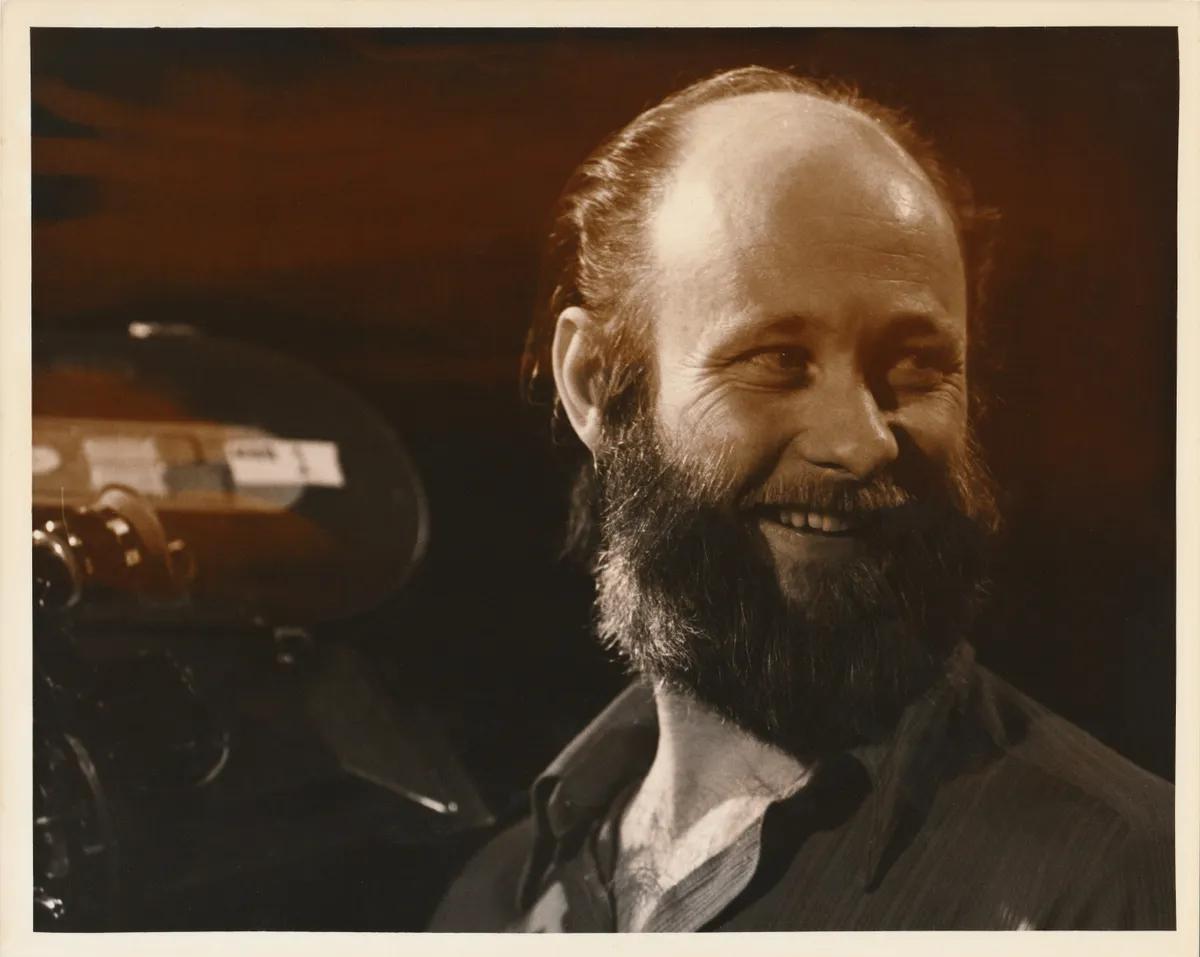
BBC Four is broadcasting a celebration of Christopher Nupen's documentaries on Sunday 3 October.
8pm: Jacqueline du Pré: A Gift Beyond Words 9pm: Christopher Nupen: Listening through the Lens 10.30pm: We Want Light
Image credits: Allegro Films
